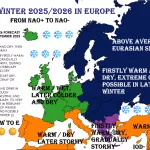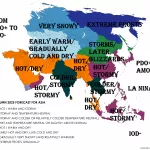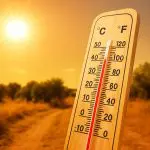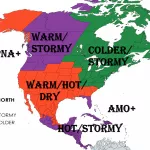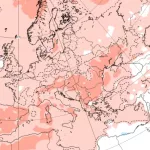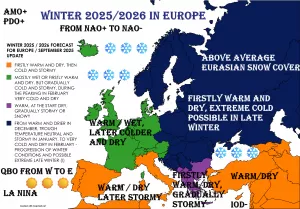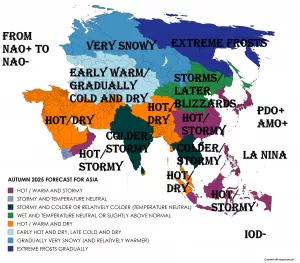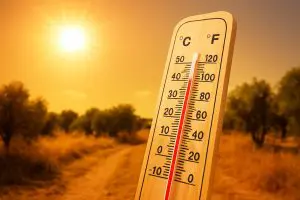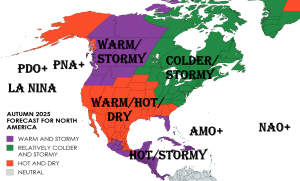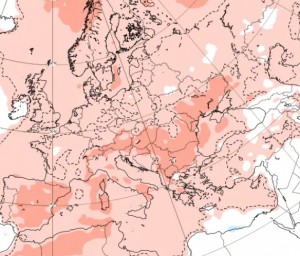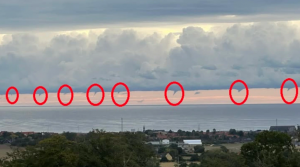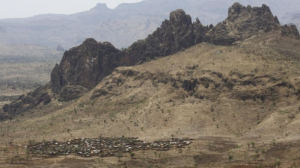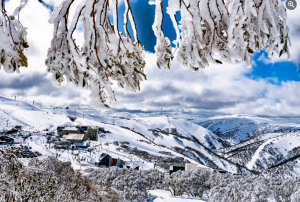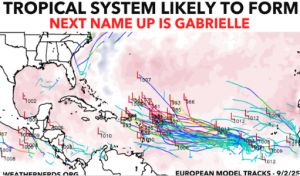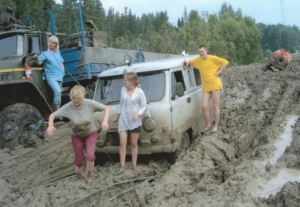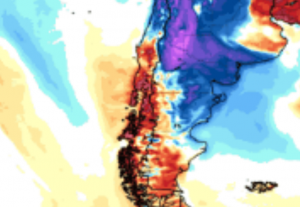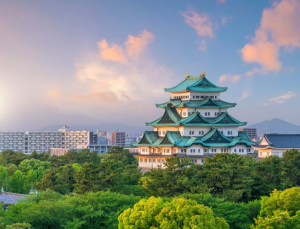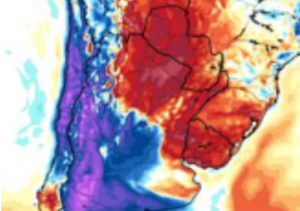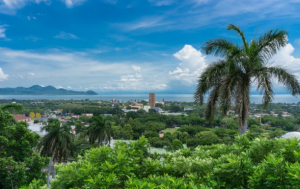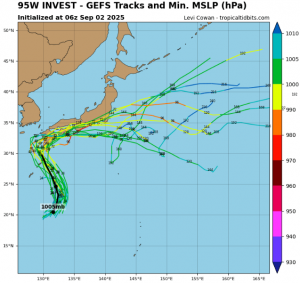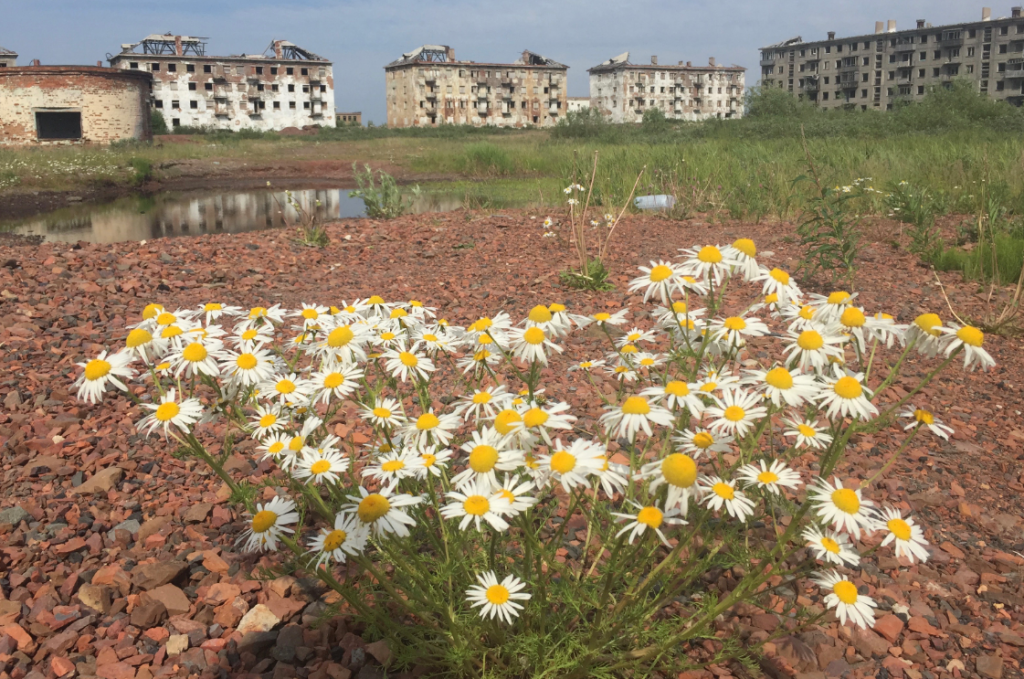
On July 20, 2025, Vorkuta, a city located in European Russia above the Arctic Circle, experienced an unusually cold temperature of -0.7°C, placing it just 0.3°C shy of its all-time July record low. Such a low temperature in the middle of summer is remarkable for this region, which typically endures brief but cool summers.
Vorkuta’s climate is characterized by long, harsh winters and short, mild summers. However, a July temperature below freezing is exceptionally rare and signals a significant cold anomaly. This chilling reading likely resulted from a combination of persistent cold air masses lingering over the region, increased cloud cover, and limited solar heating during this period.
Such extreme cold in summer poses unique challenges to the local environment and infrastructure. It can affect thawing permafrost patterns, delay vegetation growth, and impact local communities that rely on summer warmth for various activities. It also highlights the complex variability of Arctic and sub-Arctic climates, where short-term cold spells can still occur despite ongoing trends of Arctic warming.
This near-record cold in Vorkuta serves as a striking example of how regional weather anomalies continue to punctuate the broader patterns of climate change, emphasizing the importance of detailed monitoring and understanding of Arctic climates.

Illustration picture: https://blogs.gwu.edu/arcticpire/2017/09/08/report-on-international-field-course-on-permafrost-and-urban-sustainability-salekhard-and-vorkuta/

